THE STRIKE IN COLORADO CITY.
[Part IV of V: Reporter Talks with Wives of Strikers]
The Post in its issue of March 13, said editorially:
WHAT WOULD YOU DO, GOVERNOR,
WERE YOU A MILL HAND?
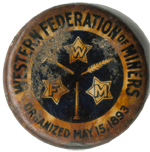
Governor Peabody, do you wish to learn the difference between the men working in the strikers’ places at Colorado City and the strikers? You did not see the strikers when you visited the military camp there. You talked with the men at work in the mills.
Governor, there is a profound difference between those—and that difference represents the truth.
* * *
You talked with the men at work in the guarded mill, governor, and they told you that they had no complaints to make.
At that moment a woman, sent by The Post, was doing a natural and practical thing. She was at the homes of the strikers talking with their wives.
They were very poor, governor, so poor that the check you pay in a fashionable cafe for one meal would mean the very affluence of food for a striker’s family for one week.
And yet the men had worked very, very hard, governor. They had given every muscle and all the endurance they possessed to the mill— every bit of it—and yet their children would have shouted for joy and their wives wept over the sum of a restaurant check carried by a bowing waiter to the proud cashier of a fashionable cafe.
* * *
And then this woman, who writes for The Post, went to the homes of the “scabs” and saw their wives and children and the men when they returned gloomily home—the men who told you, governor, that they had no complaints to make.
Theirs are the homes, governor, where, after the credit at the store is cut off in the middle of the month, the women live on crusts of bread so that the men may have an egg or a bit of meat to keep up their strength to work for the mill until next pay day, when credit is restored and they can have enough to eat for another half month.
But the men are working—they have no complaint to make.
***
Governor Peabody, imagine that you were shorn of your power, your fortune, your home—imagine that you had nothing wherewith to support your family, save a chance to earn enough to keep them half alive.
And suppose, governor, that you might lose that chance by a complaint. What would you do? Possibly you would cling to it; possibly you would try to smile through the cold sweat in your face and say:
“I have no complaint to make. Let me alone!”
* * *
Or perhaps, Governor Peabody, if you found that there were beside you good and true comrades, brave men, who would stand by you, you might throw down your tools and say to your employers:
“You must pay us living wages—By God, you must!”
* * *
That is the difference, governor, between the men who are striking and those who have no complaint.
Read Dora Desmond’s story in The Post today, the story written in the laborers’ poor homes, written in the pure light of the sacrifice of their wives, written on the very heart of unrequited toil.
“Nothing to arbitrate!”
Why, Governor Peabody, don’t you know that if you and the rest of the men who sit in their artistic homes with one hand fondly caressing sweet, sunny-haired children and the other holding up the newspaper wherein they read the news of the strike, don’t you know what you and they would do were the conditions reversed?
What would the so-called “ruling classes” do if they found themselves giving their lives for one-half of a right to live?
* * *
How long would “the great conservative, intelligent citizenship” stand it? How long would the mill owners toil in weary silence? How long would you endure slavery?
Did it ever occur to you what the men would do who demand that union labor shall be crushed were they the toilers?
Did it ever occur to you, governor that they might say:
“We can’t arbitrate poverty and suffering.”
But union labor offers to arbitrate, governor.
Continue reading “Hellraisers Journal: From The Miners’ Magazine: The Smeltermen’s Strike in Colorado City, Led by WFM, Part IV” →
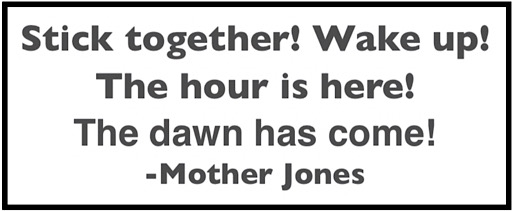 —————
—————
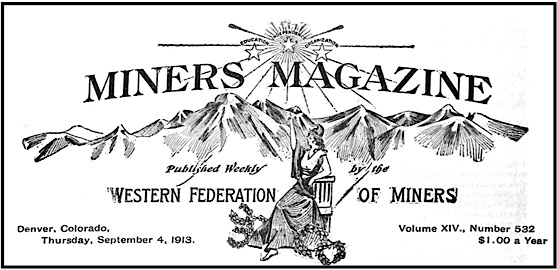
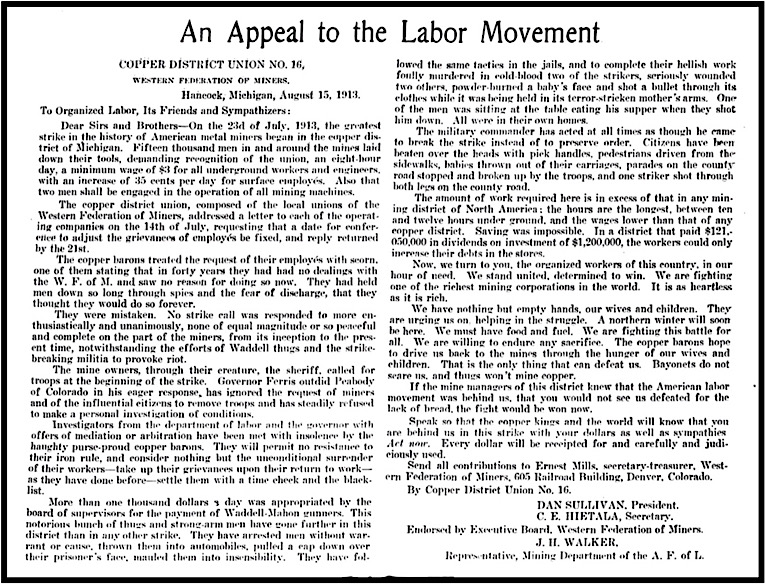
 —————
—————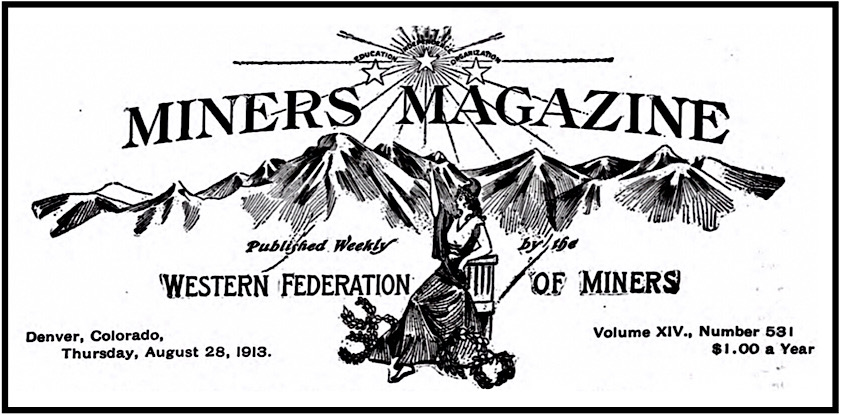
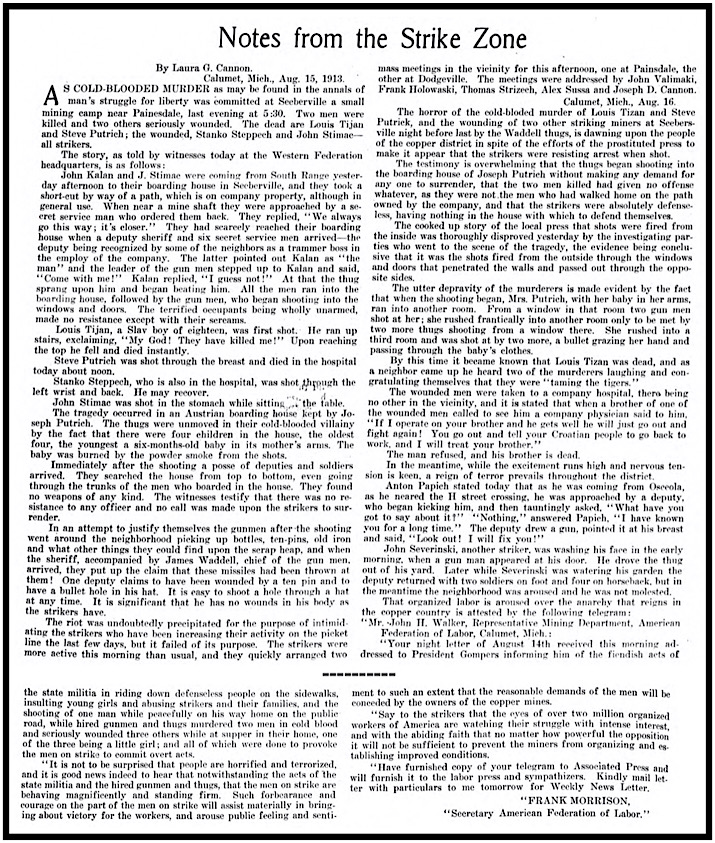
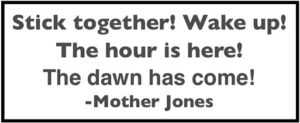 —————
—————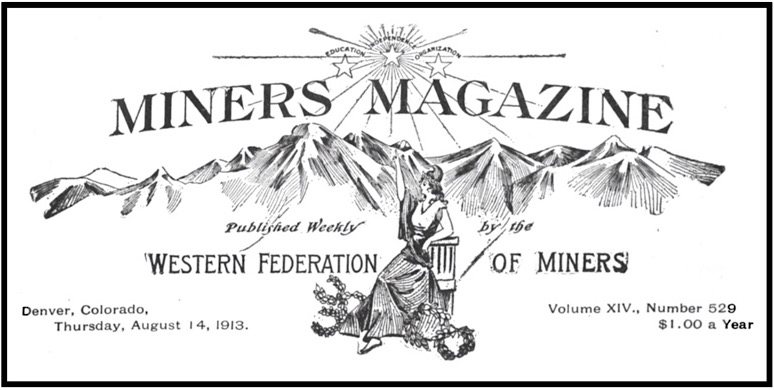
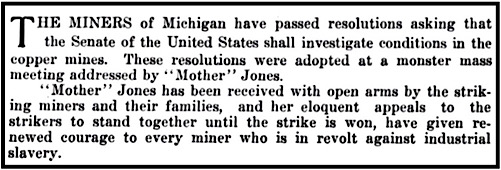
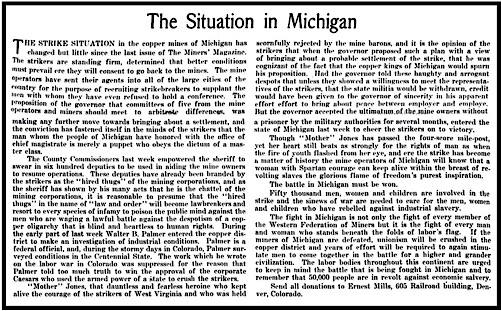

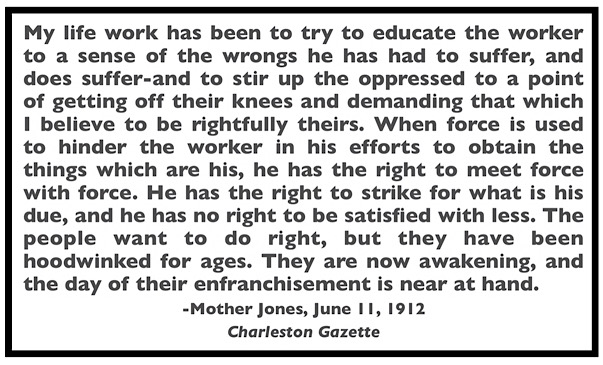 —————
—————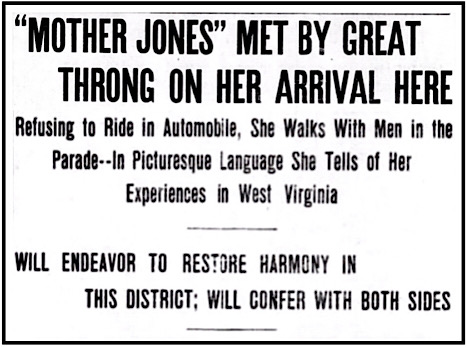
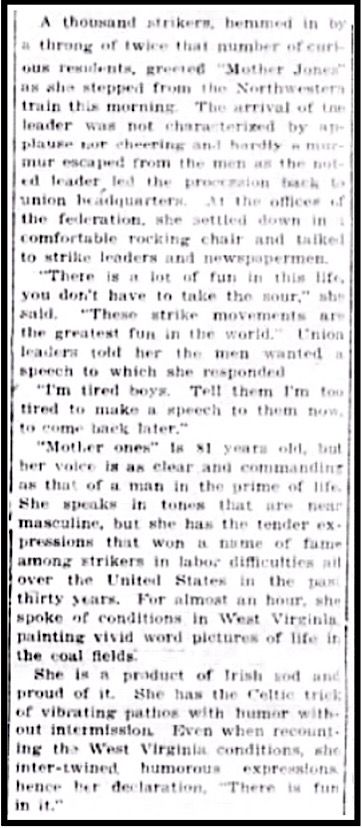 [……]
[……]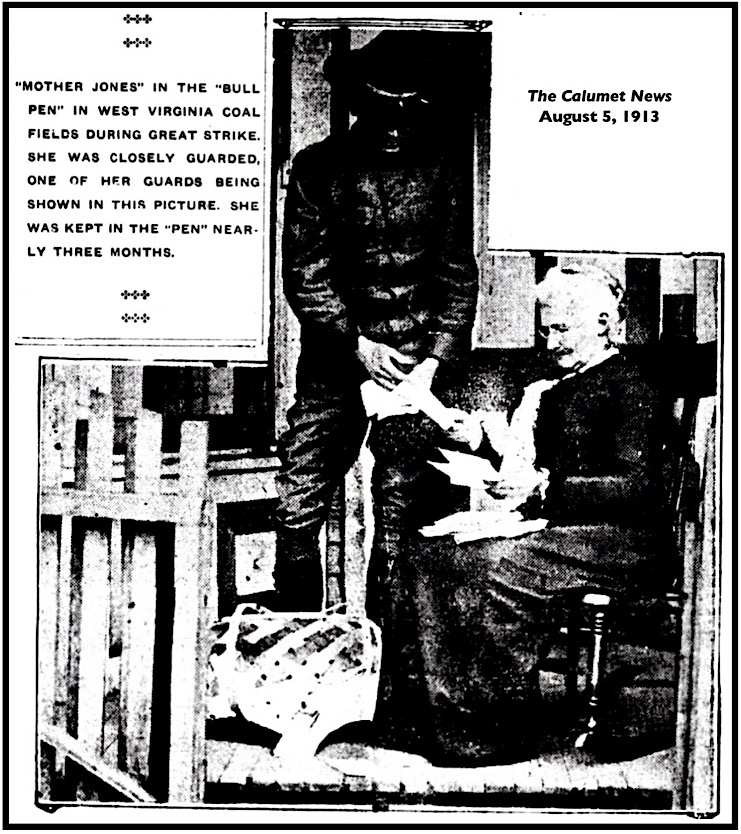 —–
—–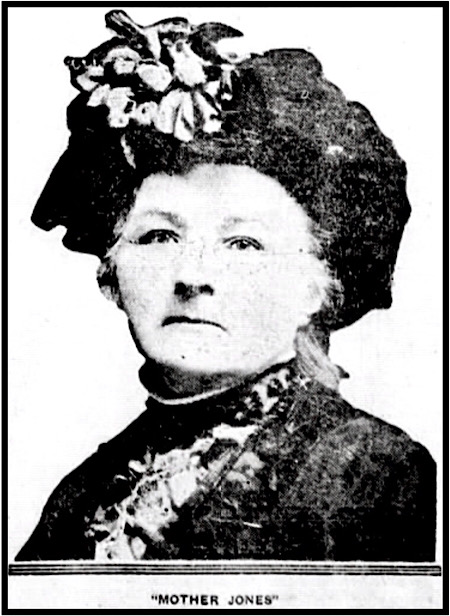
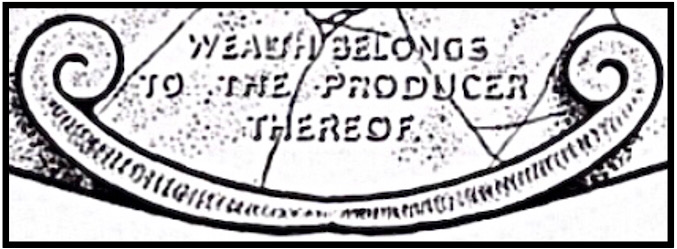 —————
—————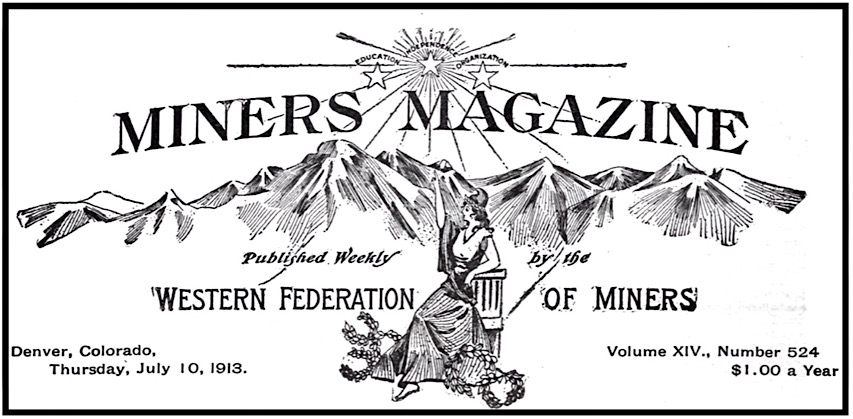
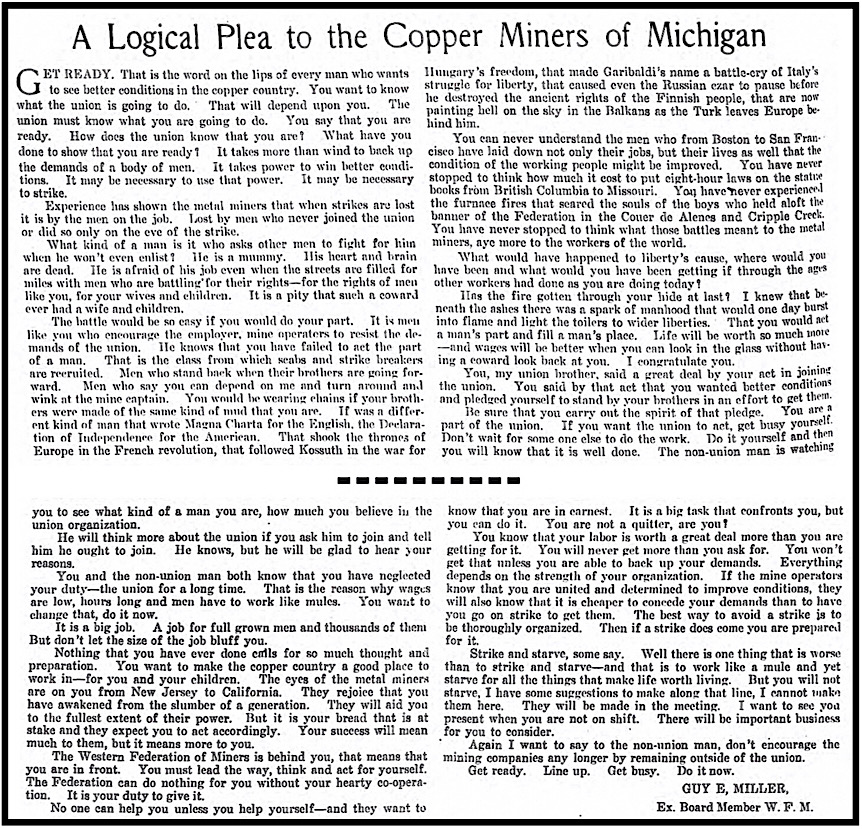
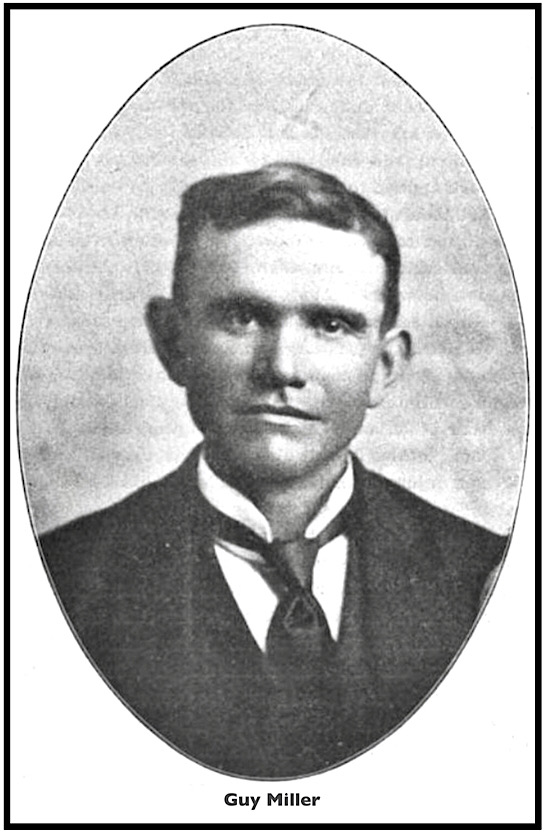
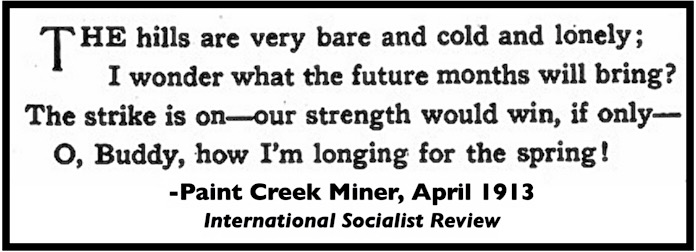 —————
—————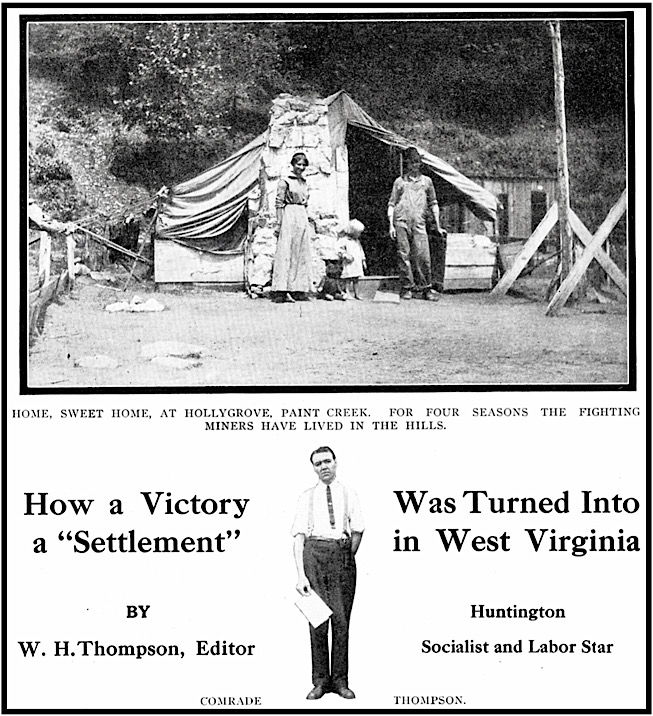
 —————
—————